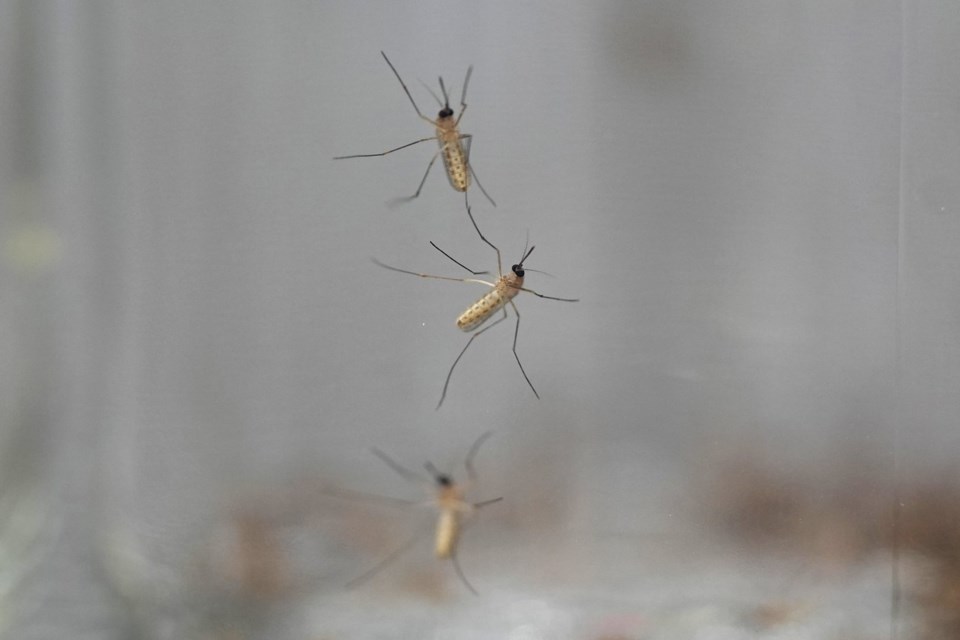Health experts have started a new project in British Columbia’s Sea-to-Sky region to monitor mosquito activity and learn more about the diseases they may carry. The three-month study aims to understand the mosquito types living in the area and assess the risks they pose to public health.
Special traps have been placed in different parts of the region, including areas near Howe Sound, Whistler, and Pemberton. This comes after four people were diagnosed with mosquito-borne illnesses late last year. All four experienced brain swelling but have since recovered. Experts believe the infections were picked up locally.
Dr. Moliehi Khaketla, a medical health officer involved in the project, said these types of viruses are not new to British Columbia, but the recent cases were more severe than usual. That’s why health officials decided to investigate further.
“We want to better understand what’s going on in the Sea-to-Sky area,” she explained.
The illnesses in question belong to a group of viruses called the California Serogroup. Most people infected with these viruses don’t show symptoms. But when symptoms do appear, they often include fever, headache, tiredness, and sometimes nausea or vomiting. In rare cases, the illness can become severe and affect the brain.
The project is being carried out with the help of several partners, including local Indigenous communities and a major university. The goal is to study the mosquitoes more closely and identify which viruses they are carrying.
Dr. Khaketla urged people in the region to stay alert, especially during the summer months when mosquito activity is at its peak. She reminded residents that mosquitoes tend to be more active between May and October. However, this season may get longer due to rising temperatures caused by climate change.
People who live in or visit the area are being advised to take steps to avoid mosquito bites. This includes wearing long sleeves and pants, using insect repellent, and staying away from areas with standing water, such as puddles, birdbaths, or open containers. These places are perfect breeding grounds for mosquitoes.
Anyone in the Sea-to-Sky region who develops severe symptoms like high fever, intense headaches, or seizures should seek medical attention right away.
The health team says the main aim of this study is to reduce health risks in the area by learning how and where these mosquitoes spread. They hope that the results will help them take faster action in the future if similar illnesses appear again.
Dr. Khaketla said it is important for the public to stay informed about mosquito activity. Since it’s summertime, mosquito numbers are expected to rise. She encouraged everyone to follow basic prevention steps and help reduce the risk for themselves and their communities.
The research is part of a larger effort to improve local health safety. With better data, health officers hope to make stronger plans to deal with future outbreaks. The study will also help determine if climate changes are making mosquito seasons longer or more dangerous.
By working together with local groups and scientists, health officials hope to find new ways to protect residents and visitors in the Sea-to-Sky area from mosquito-related illnesses.

